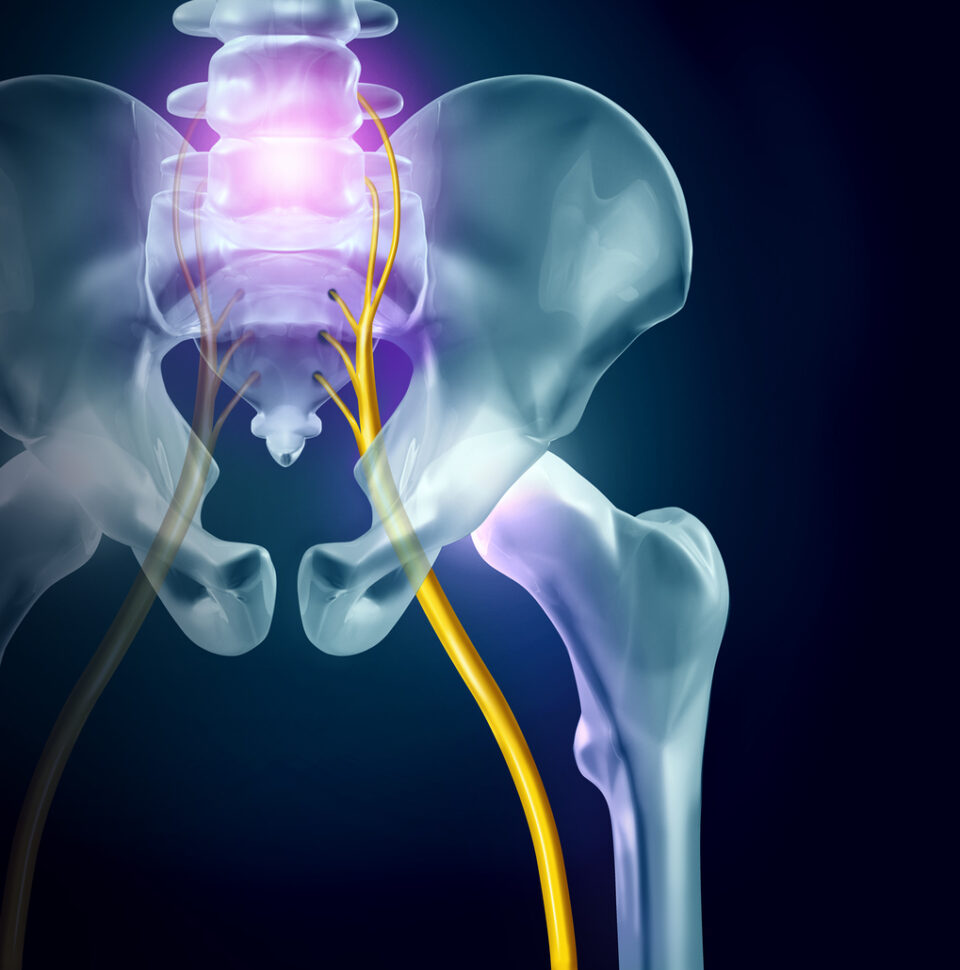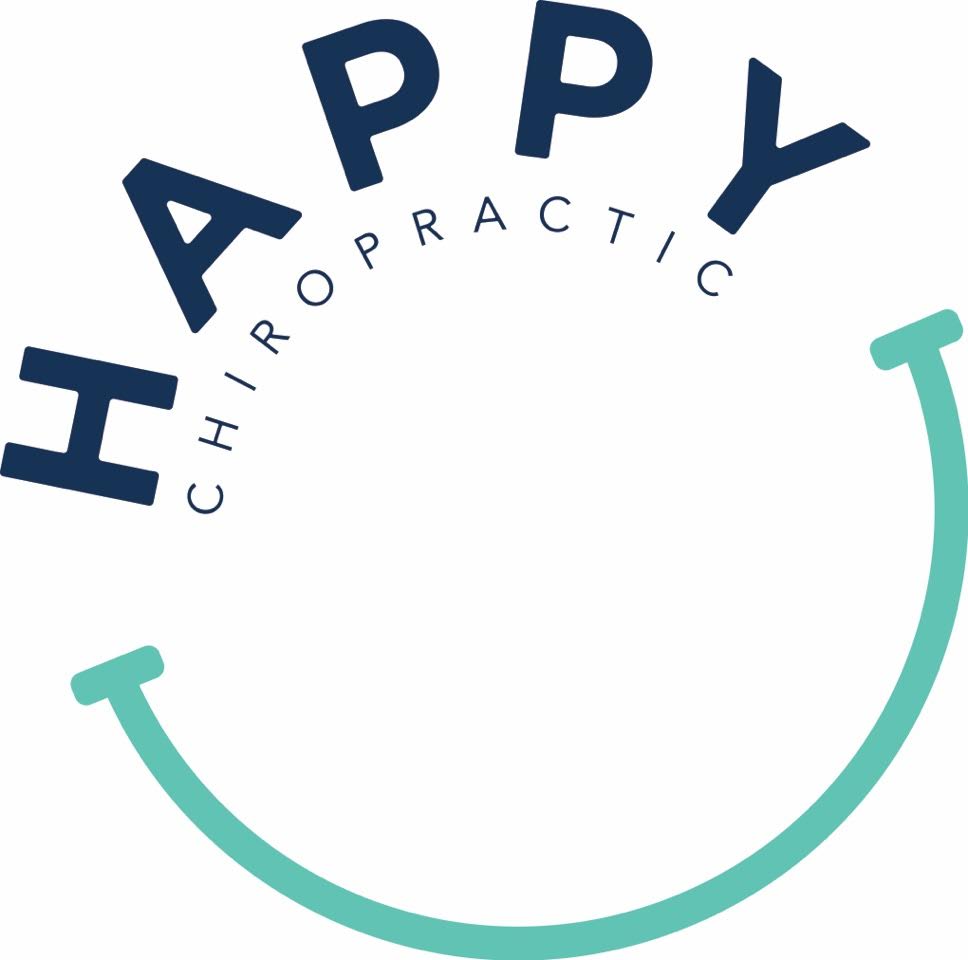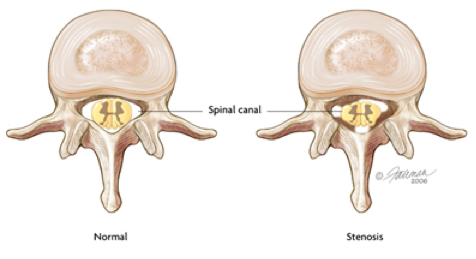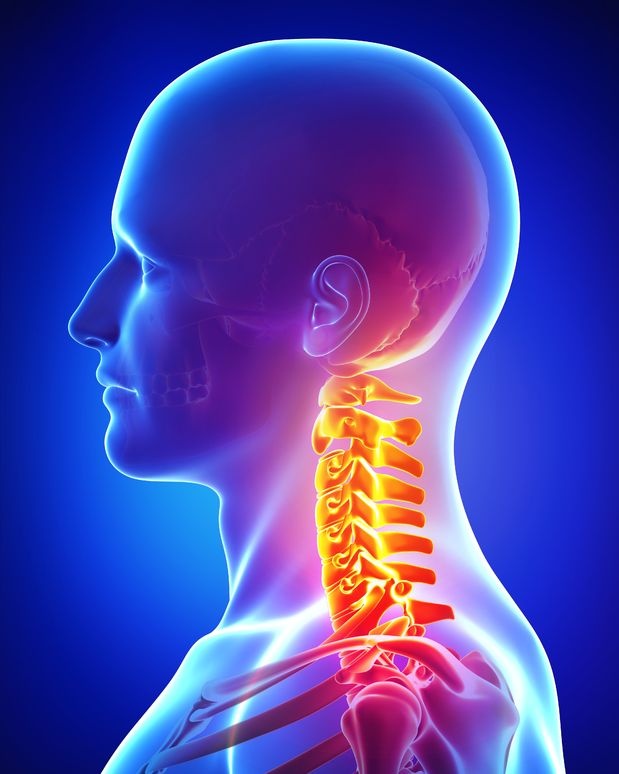
01 Jul Spinal Stenosis: What is it?
What is Spinal Stenosis
Spinal stenosis is diagnosed when the canal that holds our spinal cord begins to narrow and compress, it is a degenerative condition that can occur as a result of ageing combined with cumulative stressors placed on the spine. Rarely will people be diagnosed with this before the age of 60 however it can occur in younger people if they have had significant traumas placed on the spine. Whiplash from motor vehicle accidents is one such precursor to spinal stenosis.
The symptoms of this degenerative condition can vary from person to person depending on the level of the spine in which the narrowing is occurring. For example, if it’s occurring in the neck you may experience anything from neck pain, to tingling in the hands, weakness, numbness or shooting pain down the arms. In the low back you may experience similar symptoms into the legs and gluteal region as well as loss of bladder and bowel control.
Treatment and Care
Medical intervention is sometimes necessary in severe cases of spinal stenosis. This requires major surgery plus medication which can incur significant side effects, especially in the long term. Physical therapy or Chiropractic care can help by slowly exercising and training the spine to become properly aligned. Restoring this alignment may allow the spinal cord to become less compressed in its canal providing non-invasive and drug free relief. If you think you are experiencing any symptoms of spinal stenosis it is worth checking with a Chiropractor who specialises in spinal care.
Science Sources
https://www.nejm.org/doi/full/10.1056/NEJMoa1513721
https://www.cochranelibrary.com/cdsr/doi/10.1002/14651858.CD010264.pub2/abstract







Sorry, the comment form is closed at this time.